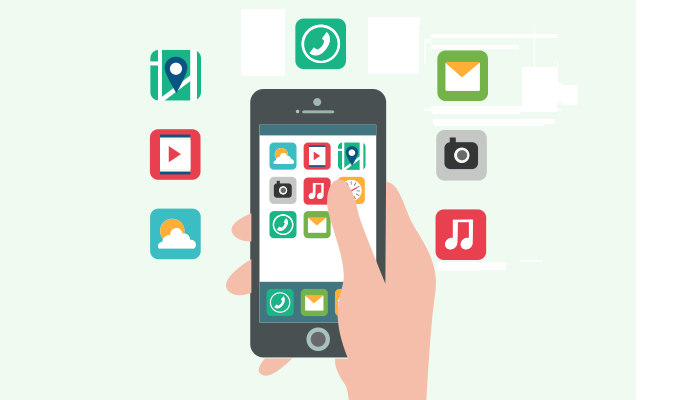We program your visibility! Positive performance with ONMA scout android app development is guaranteed.
Contact

When a company makes decisions, get a mobile app, to improve your audience, find a new revenue stream or beat the competition, it usually chooses to develop apps for both platforms at the same time.
If you want to develop an app for both platforms, you have two choices:
• Cross-platform app
• Native App
With cross-platform development, you can create apps for iOS and Android at the same time, with minor changes, so that they are suitable for every platform. Cross-platform apps can be developed faster and more cost-effectively, however, there is a risk, that not everything can be done, what you want.
Native apps are more functional and of excellent quality. They provide direct access to smartphone hardware such as cameras and microphones. But with native development, you need separate teams, creating two different apps. This can be more expensive and time consuming.
1. By sharing the operating system with Android, Android development costs more than iOS. equipment, that work on Android, offer different screen sizes and resolutions. Also, developers often build their own platforms on top of Android.
2. iOS is in the US, You have, Australia and some other countries as a smartphone more popular, while Android in Asia, most European countries, South America and Africa is more commonly used. When it comes to gender, the distribution between iOS and Android in the US is pretty much the same, and so does old age.
3. Android has a larger audience than iOS users, however, the latter shows higher engagement with apps. this means, that you need to put some extra effort into your Android solution, to bind users.
4. Both Kotlin and Swift have their own pros- and disadvantages, but for most developers, Swift seems easier to develop. The fragmentation of the Android ecosystem also increases development time and complexity, since when developing an Android product you have to consider thousands of devices from different manufacturers.
5. Apple and Google frequently release new versions of iOS and Android. this means, that you must consider, Update your apps for new operating system editions. This can take up to two weeks depending on OS updates and the size and complexity of your app.
Android is an open system, ie it is less constrained and offers developers many unique opportunities, available in iOS. Google's operating system is more flexible and customizable and allows you, to create some truly unique applications.
Please note, that we use cookies, to use to improve this website. By the website
further use, accept these cookies
More information about cookies, please see our Privacy Policy